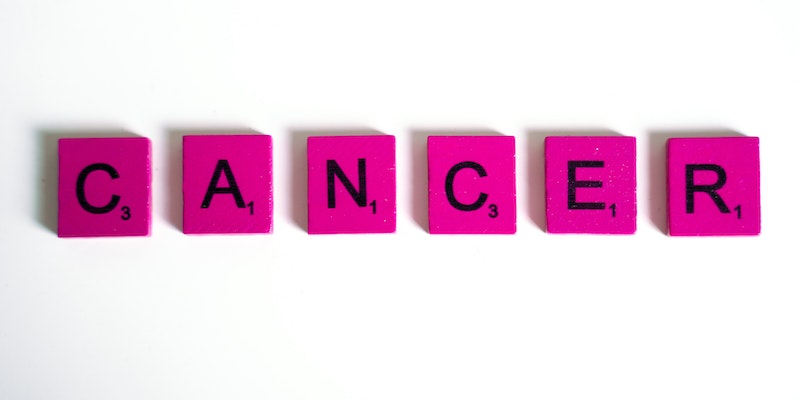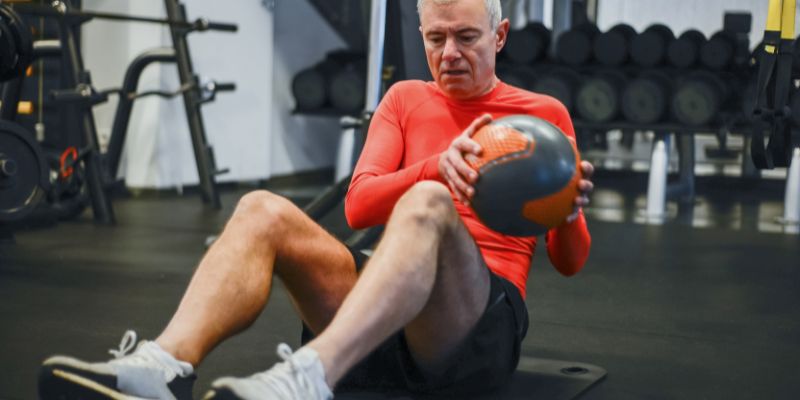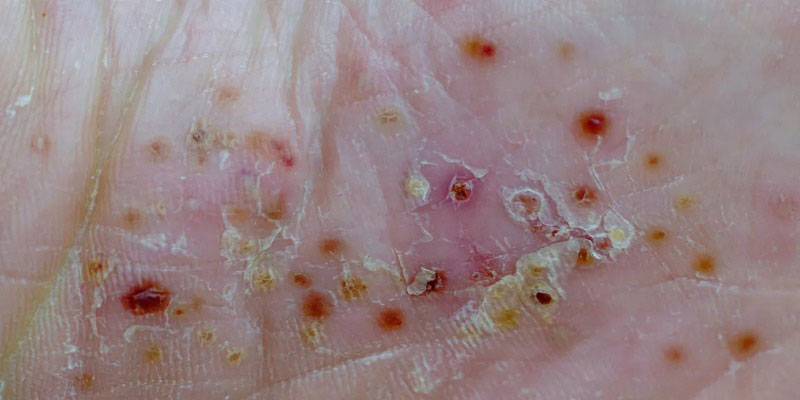Understanding 5 Different Pathways To Recovery
Sep 04, 2024 By Alison Perry
It is a complicated and deeply individual process that encompasses ongoing development and enhancement in health and well-being. There isn't a single route to recovery.
The common goal of all recovery paths is to restore the mind and body from substance abuse and to lead a healthy life. Each individual is unique, and as a result, each person's recovery journey is also exceptional.
Seeking assistance is the initial phase in an ongoing process of recovery, both physically and mentally, from substance use disorder.
Most people select their recovery path according to their cultural beliefs, economic situation, mental and behavioural requirements, and the specific characteristics of their substance abuse problem.
Given the personal and diverse aspects involved, it's not feasible to classify support multiple pathways to recovery.
Nonetheless, there are several broad categories of recovery, so let's look at them!
Multiple Pathways To Adopt To Help You Recover Well
It is a continuous journey that varies from person to person.There are many ways to explain. It ranges from spiritual to non-spiritual, from natural to medically supported from a focus on not using substances to using medication, among others.
All in all, these approaches are significantly seen as different pathways to recovery that help many!
Following that, to establish a solid recovery base, selecting a path that aligns with your beliefs, physical well-being, support from friends, hobbies, and way of life is crucial. Other than that, seeking professional help is always a good choice. They can help you in your recovery and lead you towards a healthy lifestyle.
We'll explore some of the more typical recovery paths, but remember that any path that helps you stay sober and satisfied is correct for you, and it could incorporate aspects from various recovery strategies.
Clinical Recovery

Clinical pathways are structured treatment plans usually offered by medical experts in healthcare facilities.
These plans often incorporate a mix of scientifically proven methods, like therapy sessions and behavioural treatments.
These plans create a controlled and guided setting where people can get thorough care and backing from specialists. The methods used in treatment can differ from one program to another.
Still, they typically aim at helping individuals conquer addiction and acquire the essential skills and tactics needed to sustain their sobriety.
Additionally, clinical pathways might supply medical aid and help for dealing with withdrawal symptoms and tackling any mental health problems that might be present.
Non-Clinical Recovery

Alternative recovery routes account for over half of the most favoured recovery strategies.
These include support from peers, centres for recovery communities, services based on education, support from faith and culture, and housing for recovery.
Recovery Community Organizations provide a significant number of these recovery routes and supports.
A variety of support services for peers are available, including support groups, recovery coaching from peers, and fitness programs led by peers.
Additionally, the Council on Accreditation of Peer Recovery Support Services (CAPRSS) certifies organizations that offer peer recovery support.
Many of these support groups emphasize the exchange of experiences related to recovery, and they frequently feature a peer-led recovery program or educational sessions.
The groups differ in their beliefs and approaches; some are spiritual or religious, some are non-religious but evidence-based, and some focus on fitness.
Mutual Support Groups
Often called 'self-help' or 'support circles,' these circles focus on the community, meaning they are centred around your local neighbourhood and gather face-to-face.
They offer a secure environment for individuals to exchange experiences, discuss obstacles, and acknowledge achievements.
These circles frequently adhere to a main structure or guiding values that dictate the group's goals and objectives.
Self-Management Pathways

Pathways for self-management aim to enable people to take charge of their healing process.
These paths highlight the importance of personal accountability, introspection, and creating strategies for dealing with challenges and enhancing life abilities.
Self-management might include tracking progress, establishing personal objectives, and utilizing self-help materials.
Additionally, it may involve adopting comprehensive strategies such as mindfulness, physical activity, and proper nutrition to promote general health and happiness.
These pathways acknowledge that individuals are the primary experts in their lives and healing. They motivate individuals to recognize their capabilities, establish personal targets, and make decisions that align with their principles and dreams.
Pathways for self-management can be followed alone or with other types of assistance, like counselling or support groups.
5. Refuge Recovery
The Refuge Recovery Program is a prime example of therapeutic recovery, deeply embedded in the fundamental principles of Buddhist thought.
While numerous addiction treatment and recovery strategies emphasize medical and behavioural health approaches, Refuge Recovery introduces an extra dimension by prioritizing spiritual aspects alongside medical and behavioural interventions.
Programs based on Buddhist principles concentrate on awareness and redirecting one's attention towards the present moment to defeat desires and preoccupation with substance use.
The Bottom Line
Recovery is a deeply individual journey that can happen through various routes. In this article, we've explored numerous Support Multiple Pathways To Recovery.
Individual recovery strategies can assist those in distress on their path to healing by integrating a detailed evaluation, customized therapy, and a series of care options.
Keep your eyes open, and you might find a route becoming available to you, ready for you to make the initial move.

Choosing Fish Wisely When On A Diet: What Helps or Hinders Weight Loss

Freedom from Shadows: A Complete Guide to Lightening Dark Armpits

Exploring the Link Between Psoriasis and Cancer: New Study Insights

Crucial Insights on Lead Poisoning: Causes, Solutions, and Prevention

Understanding Treatment Options for Hives (Urticaria)

Understanding 5 Different Pathways To Recovery

How To Motivate Yourself For New Exercise Routine: Tips For All

Pregnancy and Immunity: Are You at Risk?

How Does Pustular Psoriasis Appear

The Ultimate Guide to the Best Cardio Workouts for Weight Loss

Exploring the Benefits of a Juice Cleanse
